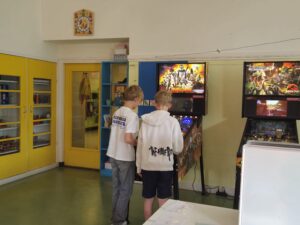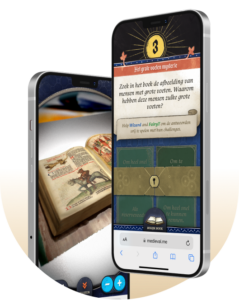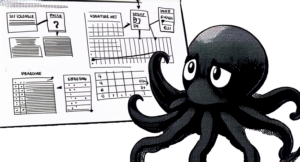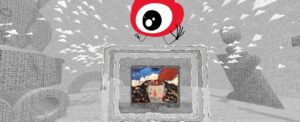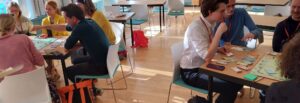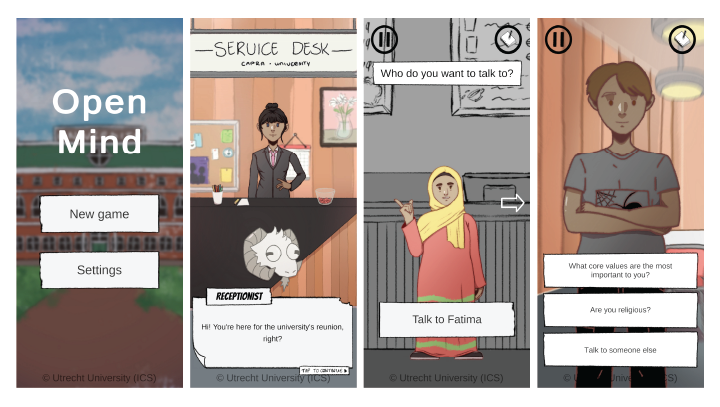
Have you ever received a message from someone who’s number is not in your phone? We’ve all been in that situation before, trying to guess who the mystery sender is. This all-too-common situation is one of three starting points of Open Mind, a creative ‘whodonnit’-type educational game. Players have to talk to various characters – based on real persons who have been interviewed – about their traits, values and believes to unravel who is sending them the messages. Along the way, the players are confronted with their own assumptions and prejudices.
This accessible and fun game stimulates students to think about their own perspective on others and invites them to broaden this perspective. Teachers can easily implement this game into their teaching, for example as an introductory activity to get students into a more open mindset. The game includes a brief and clear instruction, so students can use it straight away.
Cross-disciplinary students’ project
For further information regarding the Open Minds Project see the project page for previous postings [HERE].
The Open Minds game was presented today and created in co-creation by students of the UU Computer Science (Informatica) Bachelor program and Mediacollege Amsterdam as part of the ‘Software Project’ course. They combined their technical and design knowledge and skills to develop the game. And collaborating with students from a different discipline turned out to be a great way to broaden their own perspectives too, by exchanging ideas and learning how to speak each other’s language.
Education to create open minds
The co-creation game development project is part of the Comenius education innovation project ‘Fostering an open mind and open attitude in higher education using games and art-based educational activities’. In this project teaching methods are developed that use art and game theory to aid students in improving their perspective-taking skills and ability to have an open conversation about sensitive topics like vaccinations, climate change, and social inequality. The tools include activities that stimulate students to reflect on their own perspective, think about other perspectives, and listen to and empathize with others. All educational activities will be presented at the Onderwijsfestival on March 6th 2025 and will become available to UU teachers in the upcoming months.


